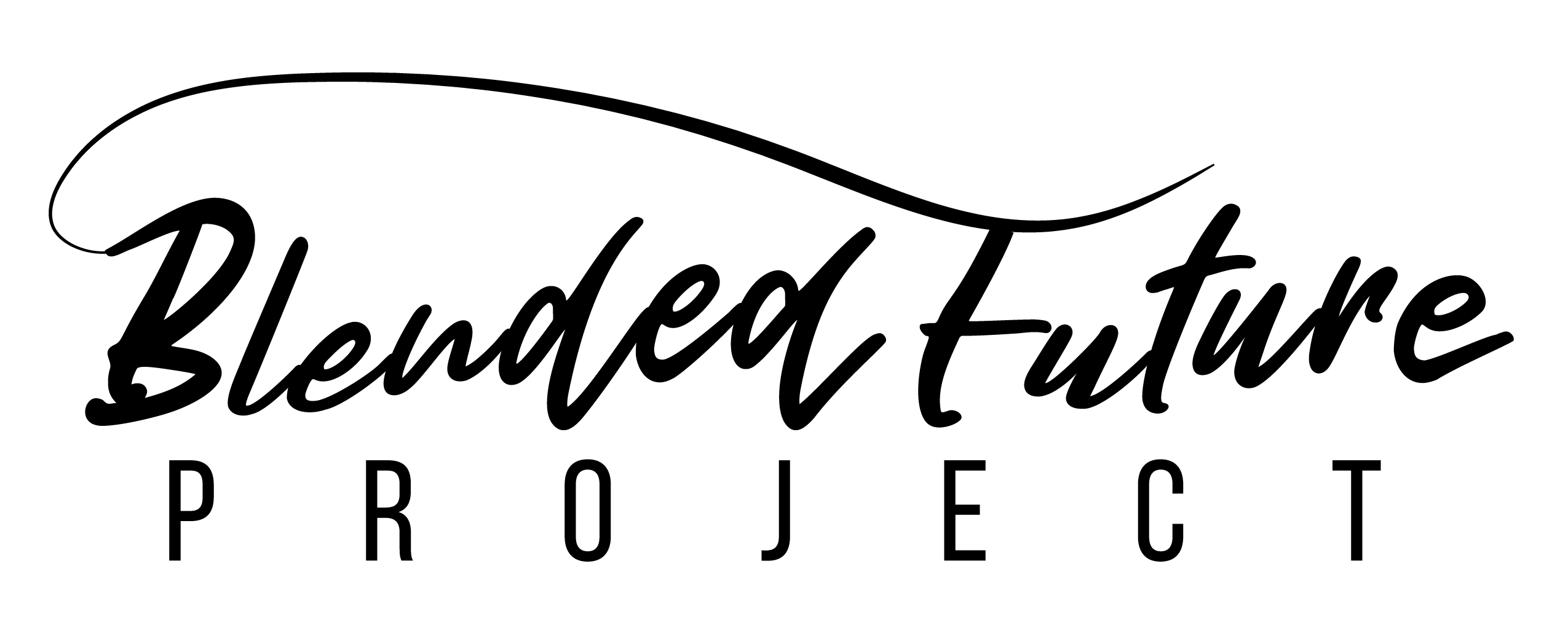“What Are You?”
Being multiracial, this is a far too common question. Especially in America, it comes as no surprise when a stranger looks in our direction, makes that face, and more often than not, feels completely comfortable to ask which boxes we will tick on their personal census form.
While we may write this off or confront the people that ask this question. The most damaging aspect is that it can create a sense of self doubt. Which leads to us asking ourselves the question:
“What Am I?”
And this week, I would like to examine that question.

First , let’s start with a simple definition:
Race – a socially constructed category of identification based on physical characteristics, ancestry, historical affiliation, or shared culture.
We often hear the term that race is a social construct. It makes it seem like it’s something that doesn’t exist. That it was all made up and shouldn’t have such a great influence over us. These statements are both true and untrue.
The concept of race coincides with the beginnings of the understandings of modern day biology. Early European scientists began grouping people based upon their appearances and land of origin into groups that were said to have specific traits. More often than not, this was to prove the superiority of the European race and justify the act of colonization. And as the colonies expanded, it was used as a means to create an excuse for the continuation of slavery.
We still live by this ancient way of thinking about people. When someone moves to America from a foreign country they are forced to assimilate into this concept of identity. Africans are forced to become Black, and during the 19th centuries Russian immigrants lobbied to be considered White. And if anyone was mixed, it was thought to be an “impurity” because of false science.
We now know that genetically there are no separate races of people. The DNA tests that are currently popular are simply finding markers that commonly appear in certain areas. Across the world, scientists have found that race has no basis in genetic DNA. No one is ultimately a percentage of different ethnicities or regions. There is no 1/4 Irish, or half Black. It’s simply a measurement of how much of a certain percentage of genetic markers that are commonly found in a certain region of the world are contained in your genetic makeup.
But we aren’t taught this in America. We still in some ways regard people from different racial groups as partially separate species. So when society looks at people who are a mixture of these categories. It’s from the viewpoint of subtraction.
When it’s really the opposite.

The categories of race in America are essentially cultures based upon ethnicity. And how we choose to identify is how bonded we feel to that culture. People can identify as one culture while still recognizing that their parents are from different ones. Because they are speaking to how they were raised.
It’s why some people with parents who are both Black and White may identify as Black. Because they were raised with a predominantly Black culture, or it’s how they feel they belong.
I myself consider myself mixed because I was brought up experience the many different aspects of my ethnic makeup. When I was a little boy, I learned about the Latvian customs and songs on my father’s side of the family. I experienced Black culture going over to my grandmother’s house. And I also experienced the racism that comes with being seen as a Black boy in America.
Before I saw this as being a fraction of a whole. But now I see it for what it is –
Layers.

When we ask ourselves the question “What Am I?”, we are taking it from the perspective that we are somehow not as complete of individuals as someone who is seen as being part of one category. That our experiences and upbringing is less meaningful, or even invalid.
We are all of where our ancestors come from.
I am both all and none of what others think I am.
I am Black.
I am White.
I am Latvian.
I am African.
I am American.
But most importantly, I am human. And those experiences along with my ancestors compose the layersthat make me the person I am today.
Even if I had no experience with those sides of my ancestry. Those layers would be no less a part of who I am.
So when we find ourselves asking the question, “What Am I?” Let’s smile with a simple answer.
The latest edition of a unique, human story. In which the categories society thinks are important, really aren’t.





No Comments